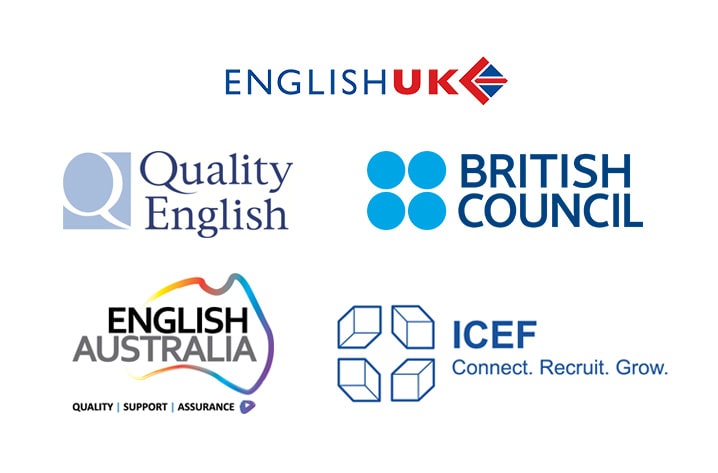Ring the Shandon Bells: Put on your ear defenders, climb the bell tower at St Anne’s Church in the historic Shandon area of Cork and pull the ropes hard to ring the bells. When you ring the bells of Shandon out over Cork city, you become part of a centuries-old tradition.
Explore a market fit for a queen: This is the oldest market of its kind in Europe, and the shelves groan with Irish artisan produce and farmhouse cheeses from the mild to the ultra-mature. Delicious stuff.
Enjoy a traditional Irish music session: The traditional Irish music session is the quintessential “Irish experience” and has rightly earned its place on the “must dos” when visiting Ireland.
Take a tour: Cork City Tours operates open-top double-decker buses, which run regularly during the day. The route is through the main streets, along the quays and past city centre landmarks with a guide who’ll regale you with tales of the city.
Source: http://www.ireland.com/







